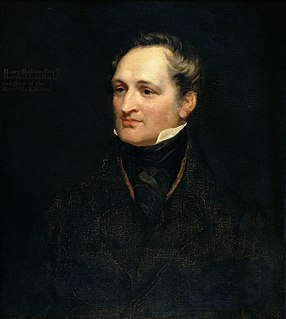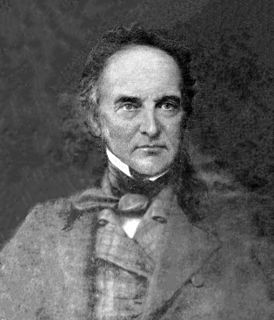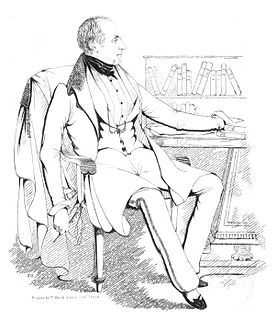Life
He was born 16 April 1799, the third son of the Rev. Charles Fynes Clinton, LL.D., prebendary of Westminster, and a brother of Henry Fynes Clinton, the chronologist. He was educated at Westminster School, and at Oriel College, Oxford, graduating B.A. in 1821.
Henry Fynes Clinton was an English classical scholar, chronologist and Member of Parliament.

Westminster School is an independent day and boarding school in London, England, located within the precincts of Westminster Abbey. With origins before the 12th century, the educational tradition of Westminster probably dates back as far as 960, in line with the Abbey's history. Boys are admitted to the Under School at age seven and to the senior school at age thirteen; girls are admitted at age sixteen into the Sixth Form. The school has around 750 pupils; around a quarter are boarders, most of whom go home at weekends, after Saturday morning school. The school motto, Dat Deus Incrementum, is taken from the New Testament, specifically 1 Corinthians 3:6.

Oriel College is a constituent college of the University of Oxford in Oxford, England. Located in Oriel Square, the college has the distinction of being the oldest royal foundation in Oxford. In recognition of this royal connection, the college has also been known as King's College and King's Hall. The reigning monarch of the United Kingdom is the official Visitor of the College.
On 16 March 1826, he married Caroline Clay in Burton-on-Trent. She had been born in Burton-on-Trent on 27 July 1798, the daughter of Joseph Clay and Sarah née Spender. Ten months later, Caroline died, with her first-born, a daughter Caroline, in childbirth on 11 January 1827, in Burton-on-Trent.
He was god-father to Caroline's nephew, Charles John Clay (21 Aug 1828 – 14 Apr 1910), named after him, the first Charles in the Clay family.
Having held some parochial charges, he was appointed in 1828 to the rectory of Cromwell, Nottinghamshire. He was also vicar of Orston in the same county. He died in 1872.

Cromwell is a village in Nottinghamshire, England. It is located 5 miles (8 km) north of Newark. According to the 2001 census it had a population of 188, increasing to 232 at the 2011 Census.

Orston is a village and civil parish in the Rushcliffe borough of Nottinghamshire, England, 15 miles (24 km) east of Nottingham. It borders on the parishes of Scarrington, Thoroton, Flawborough, Bottesford and Elton on the Hill. The population at the time of the 2011 census was 454.













